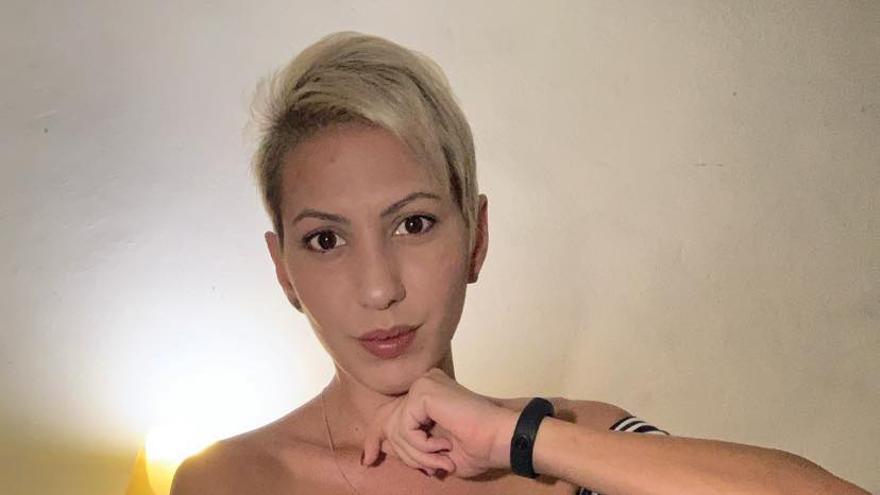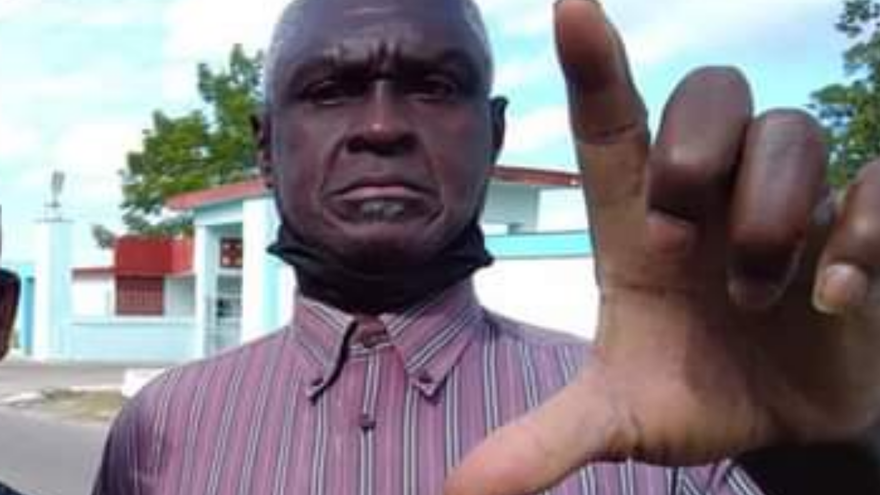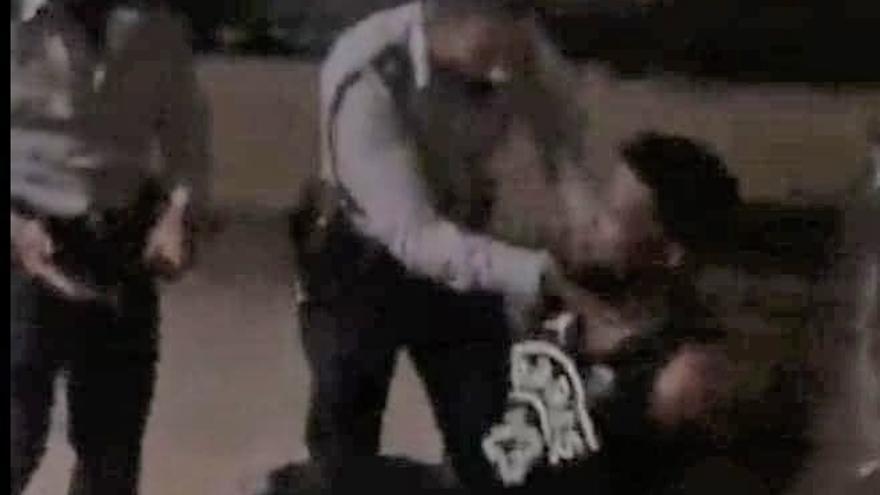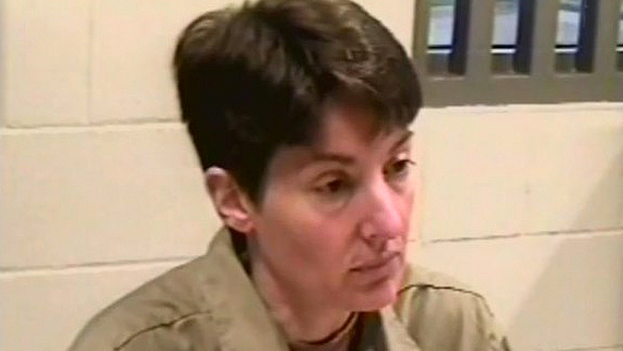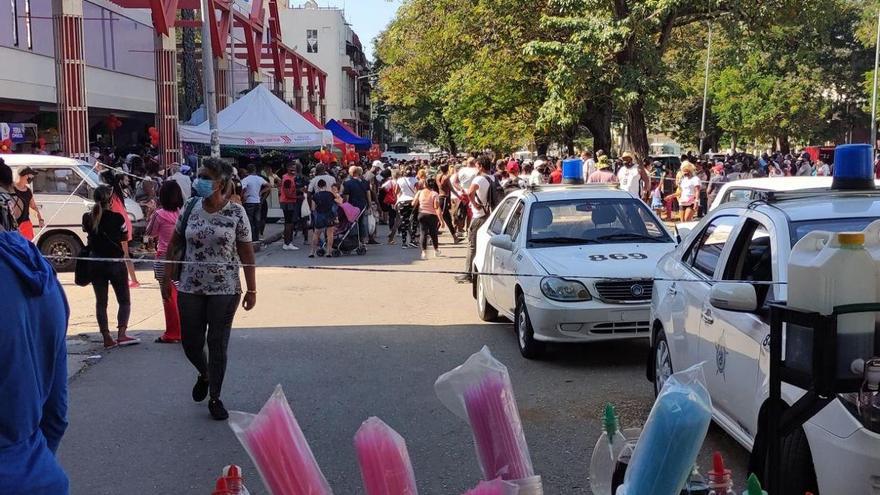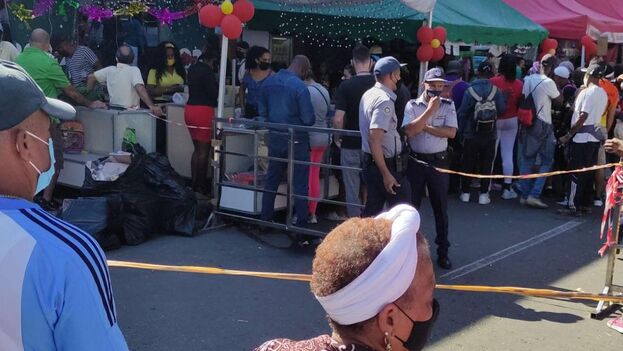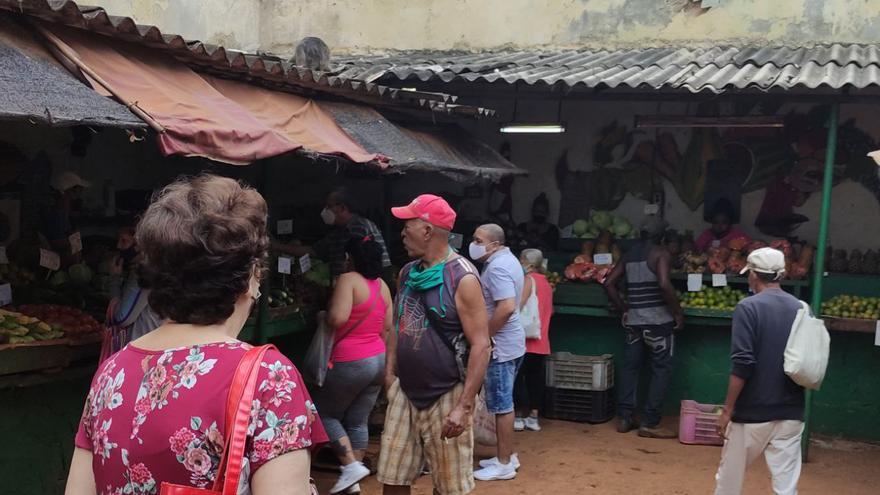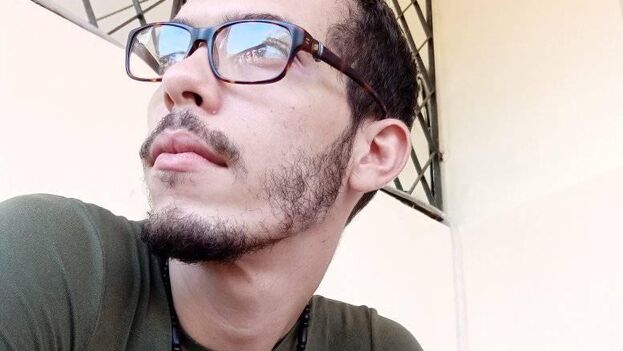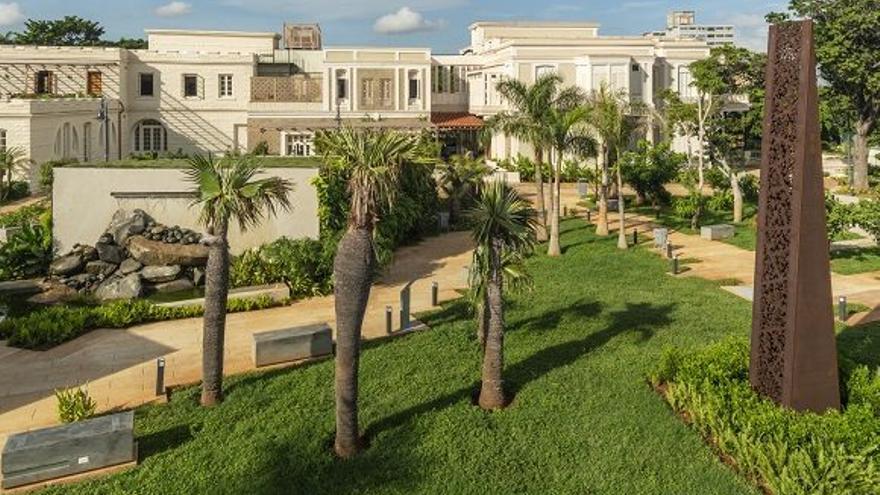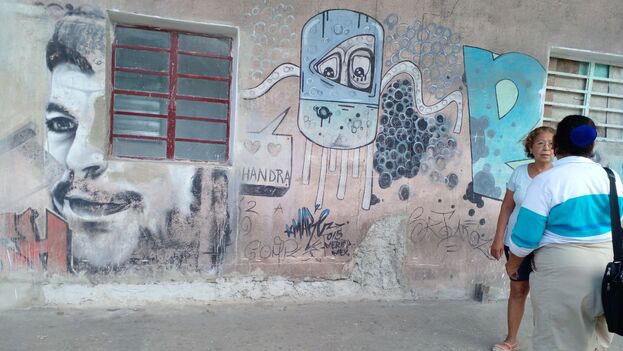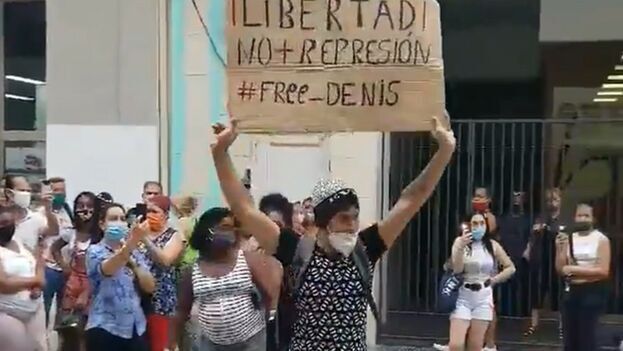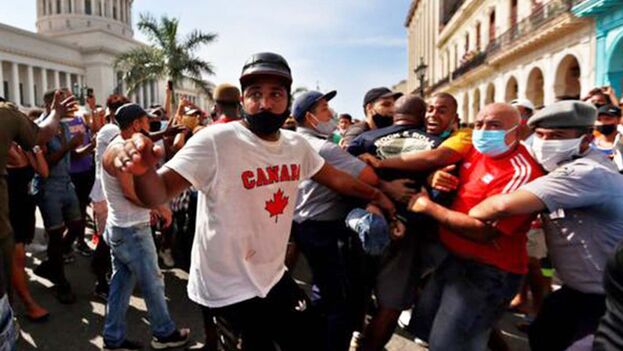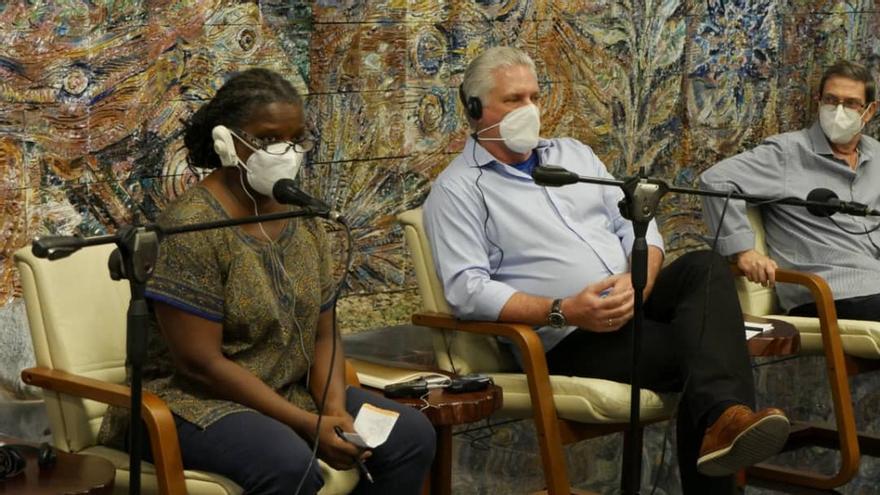
![]() 14ymedio, Havana , 4 December 2021 — “There are no political prisoners in Cuba,” said Miguel Díaz-Canel in front of the members of the Caravan of Pastors for Peace. “Here, there are people who are not with the Revolution and who can demonstrate freely,” the president emphasized in a meeting that took place on November 22, but was only broadcast this Friday on the State’s Roundtable television program.
14ymedio, Havana , 4 December 2021 — “There are no political prisoners in Cuba,” said Miguel Díaz-Canel in front of the members of the Caravan of Pastors for Peace. “Here, there are people who are not with the Revolution and who can demonstrate freely,” the president emphasized in a meeting that took place on November 22, but was only broadcast this Friday on the State’s Roundtable television program.
“In Cuba there are many processes that are public, to discuss programs, to discuss policies as we did with the Constitution,” Díaz-Canel justified. “In everyday life there are people who speak ill of the Revolution. What happens is that many times this type of people whom they manipulate and use for that, or those who by their own conviction are against the Revolution, it leads them to commit crimes.”
As an example of this, the first secretary of the Communist Party of Cuba points to “those who went out on July 11 to throw stones, to act against the people, to loot, wherever in the world they were (sic) imprisoned,” he stresses. “But not because they are against the Revolution, but simply because they committed crimes against property and against internal order.”
In a very different tone from the one he used during the day of the popular protests, when speaking to the national television cameras he said “the combat order is given,” Díaz-Canel opted on this occasion to try to dispel the questions about the repressive wave unleashed after the demonstrations and justified the arrests. continue reading
“What happens is that many times the empire itself in its media campaign tries to link to the activity against the Revolution, leading people to commit vandalism,” he adds. However, most of the popular demonstrations of 11J were peaceful in nature, and the participants used slogans and verbal complaints as the main form of expression.
Among the those listening to the president’s comments, in addition to the members of the caravan, were the Cuban Foreign Minister, Bruno Rodríguez and the head of the Office of Religious Affairs of the Communist Party, Caridad Diego, among other official officials, and Gail Walker, daughter of Lucius Walker, founder of the organization.
Díaz-Canel also took advantage of the occasion to defend the “equality” that the revolutionary process has offered to Cuban women and Afro-descendants, although he clarified that “imperialism tries to use these issues to fracture unity.” “They constantly encourage and create the slander that discrimination persists in Cuba.”
However, he acknowledged that young people have not been able to “enjoy the social conquests” that in his opinion were achieved in the first decades of the process. “We have the challenge of ensuring that generational separation is never an ideological break. We can only achieve it by sharing values and becoming part of the criticism we make within the Revolution.”
Díaz-Canel also did not miss an opportunity to send a message to the Joe Biden administration. “Imperialism, even the tiniest bit, is treacherous and despises the peoples,” he said, quoting a phrase from Ernesto Guevara. “It turns to slander and lies and when it is defeated it tries to make itself the victim,” he said. “Nobody believes what they call democracy.”
“North American bipartisanship is a lie,” he added and explained that “a Republican president imposes 243 measures to intensify the blockade against Cuba and a Democratic president leaves the same measures,” alluding to the sanctions promoted by Donald Trump which Biden has not eliminated, and has even added new ones.
It was recently announced that the White Hous’s intention to partially modify US policy towards the Island had been halted as a result of the repression of July 11, as revealed in an interview with NBC News by Juan González, United States National Security Council Senior Director for the Western Hemisphere .
“After July 11, we pressed the pause button,” said the senior official, who considers the date of the anti-government protests as a before and after. “Even the Cuban Americans who were in favor of the compromise said, ’We have to wait, pay attention to this moment and see how to move forward from here’.”
To date, independent organizations have documented 1,283 detainees as a result of the demonstrations on that day. Of that total, at least 540 are still in prison and there are a verified 42 convictions in summary trials.
In its report, the independent legal platform Cubalex showed special concern about “the use of the figure of sedition to impose exemplary sanctions on at least 122 people” and noted that before July 11, Cuban Prisoners Defenders registered 152 political prisoners.
____________
COLLABORATE WITH OUR WORK: The 14ymedio team is committed to practicing serious journalism that reflects Cuba’s reality in all its depth. Thank you for joining us on this long journey. We invite you to continue supporting us by becoming a member of 14ymedio now. Together we can continue transforming journalism in Cuba.


